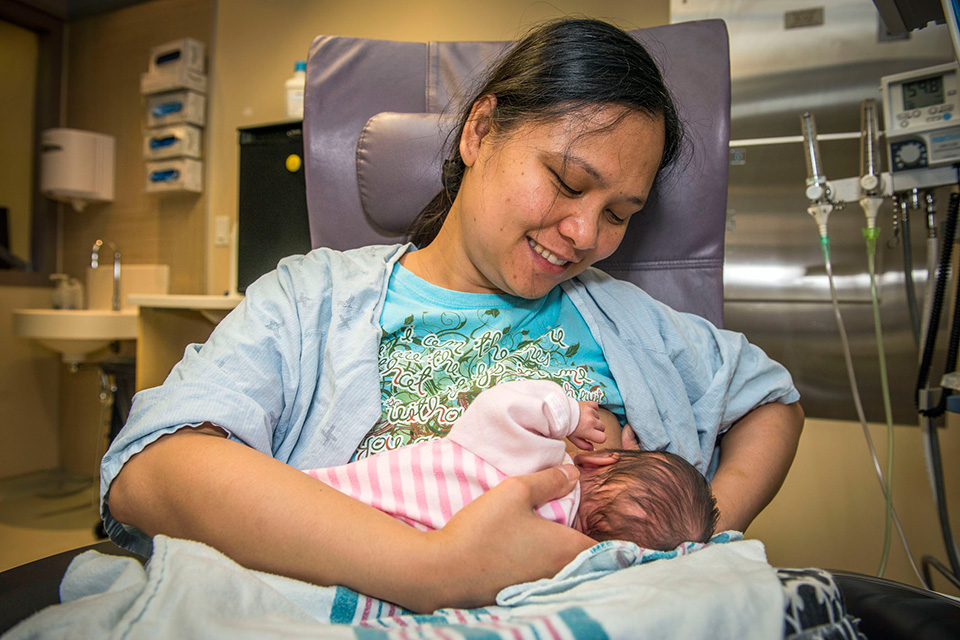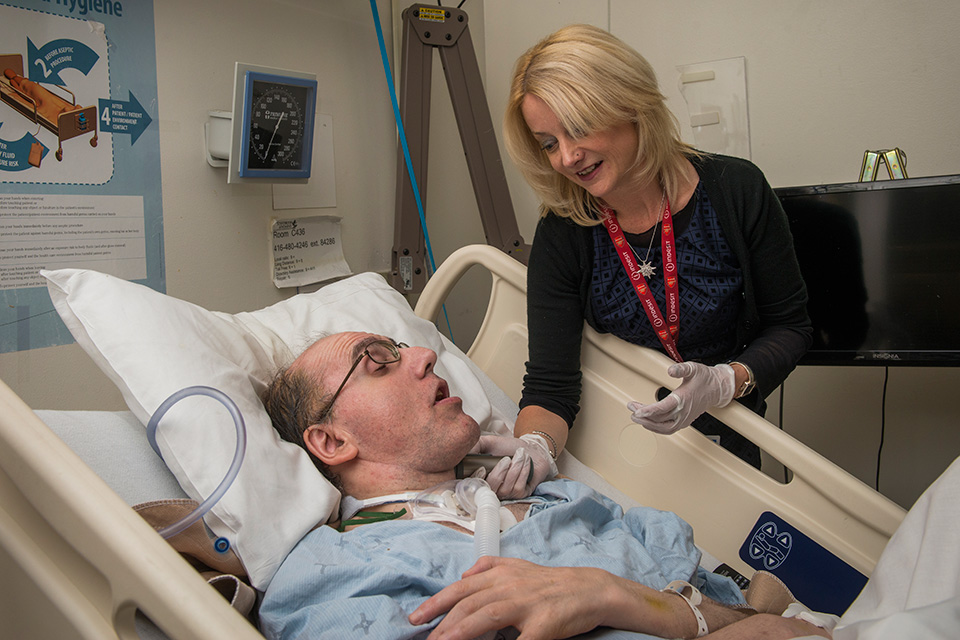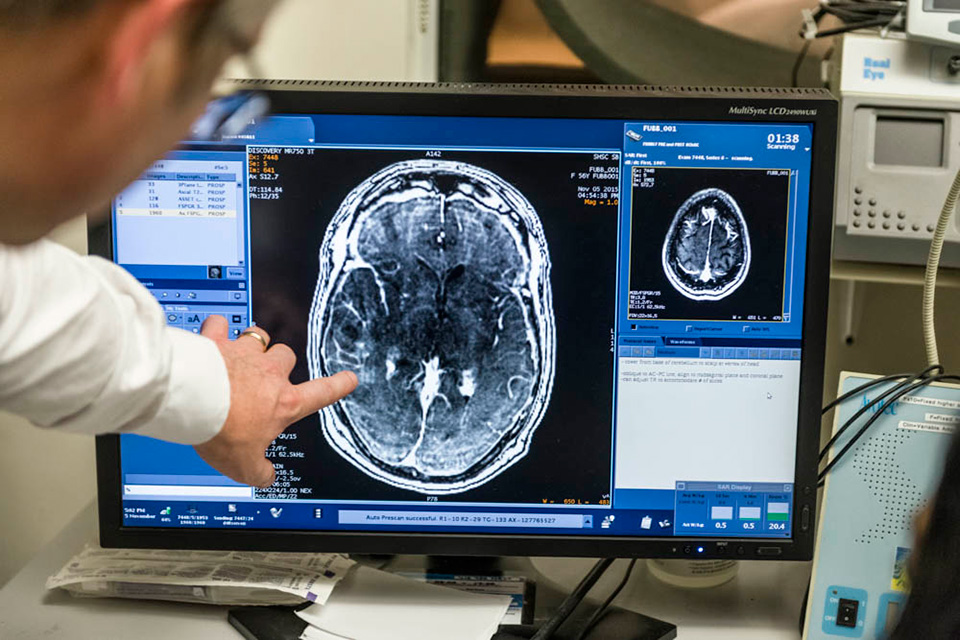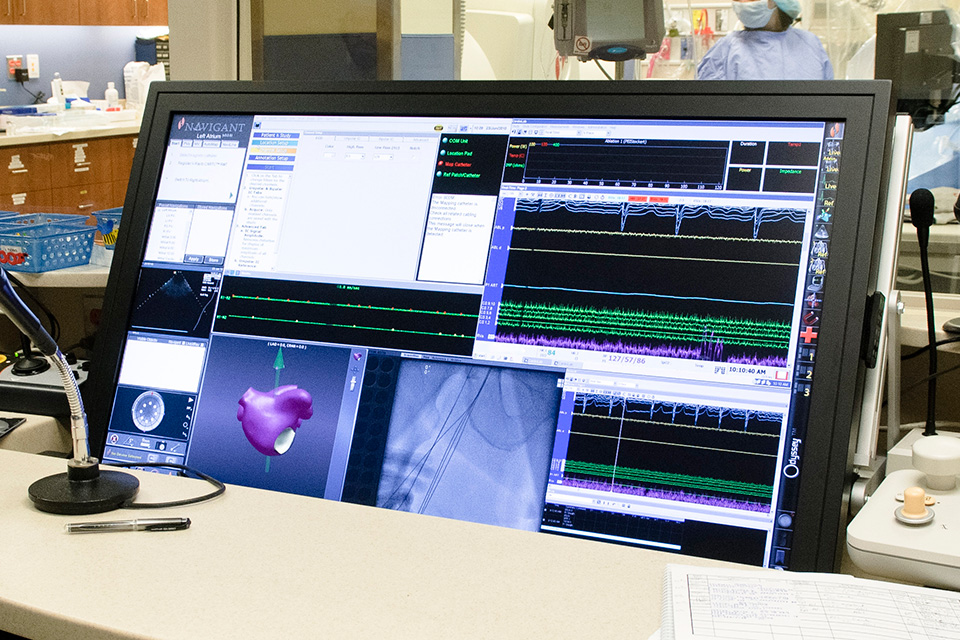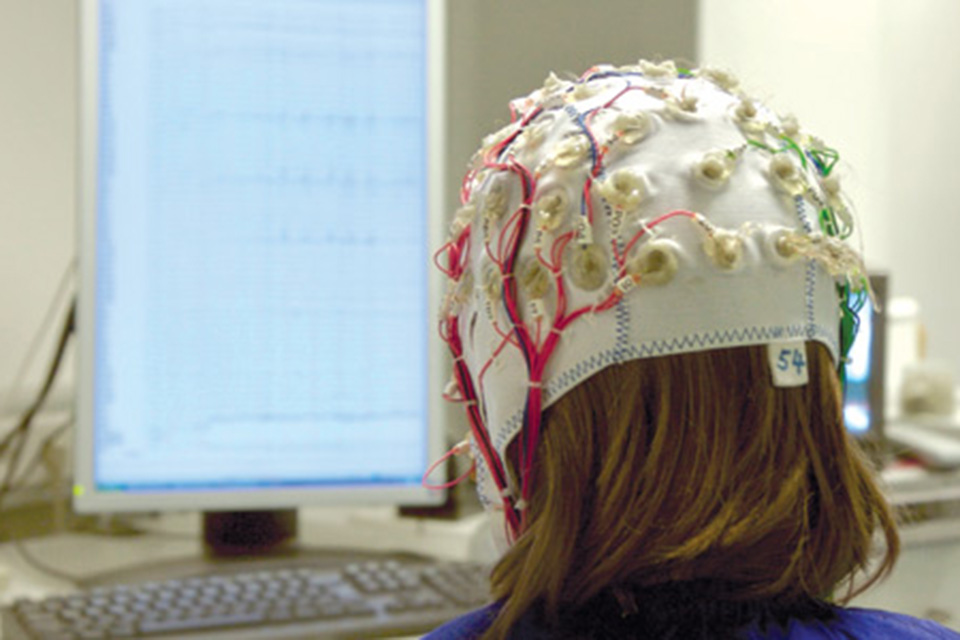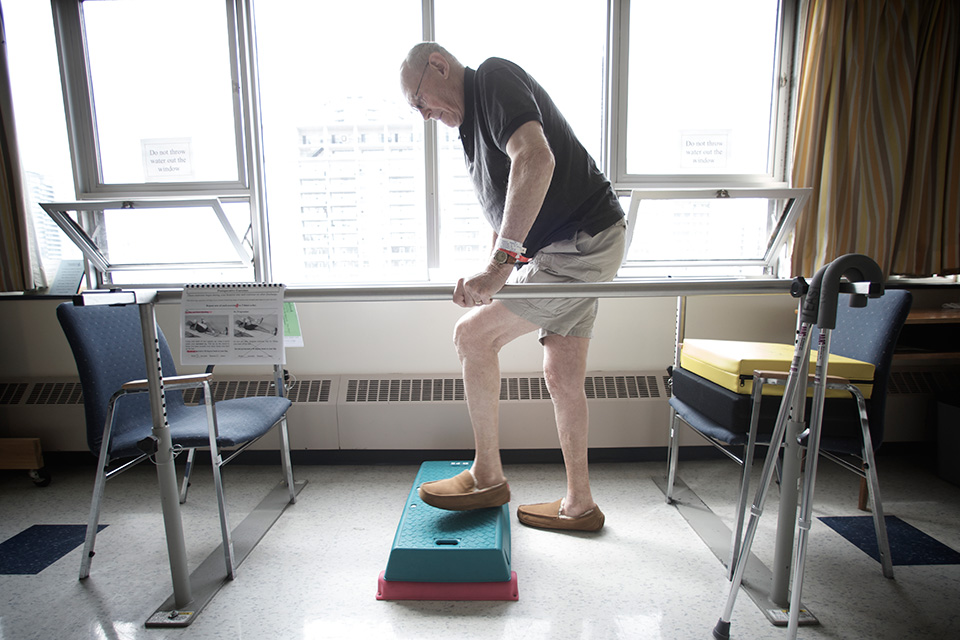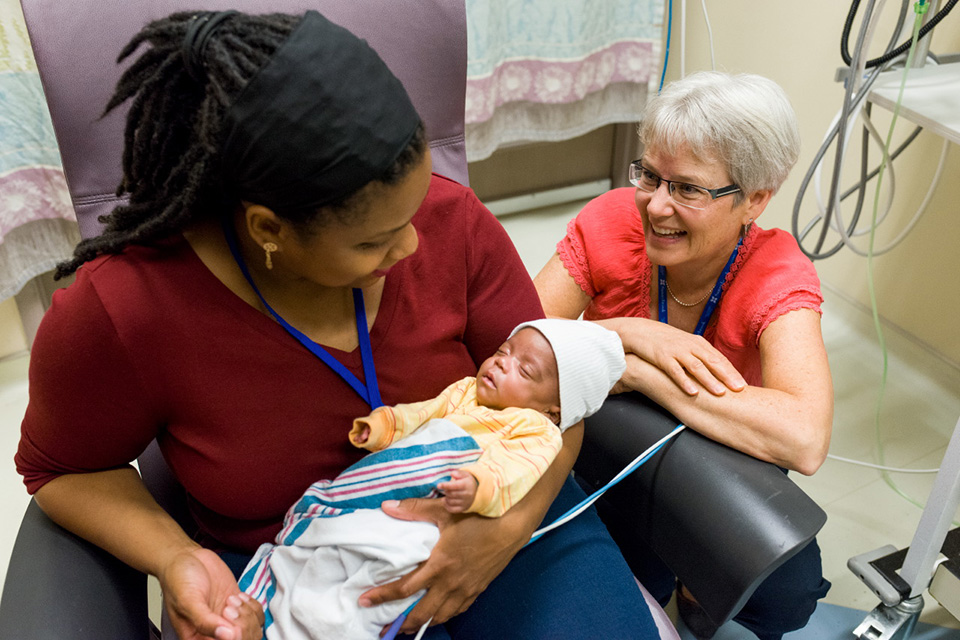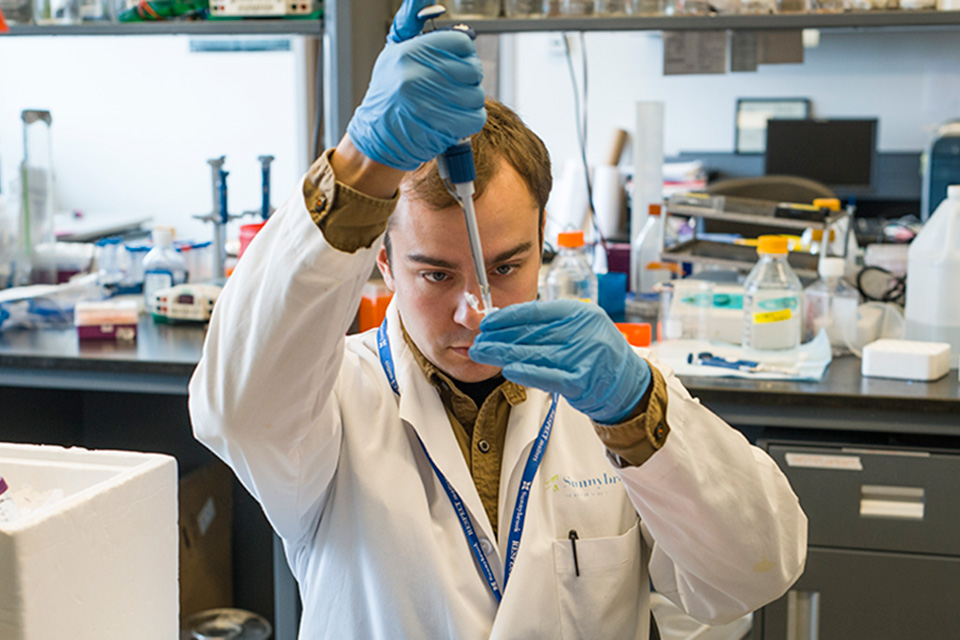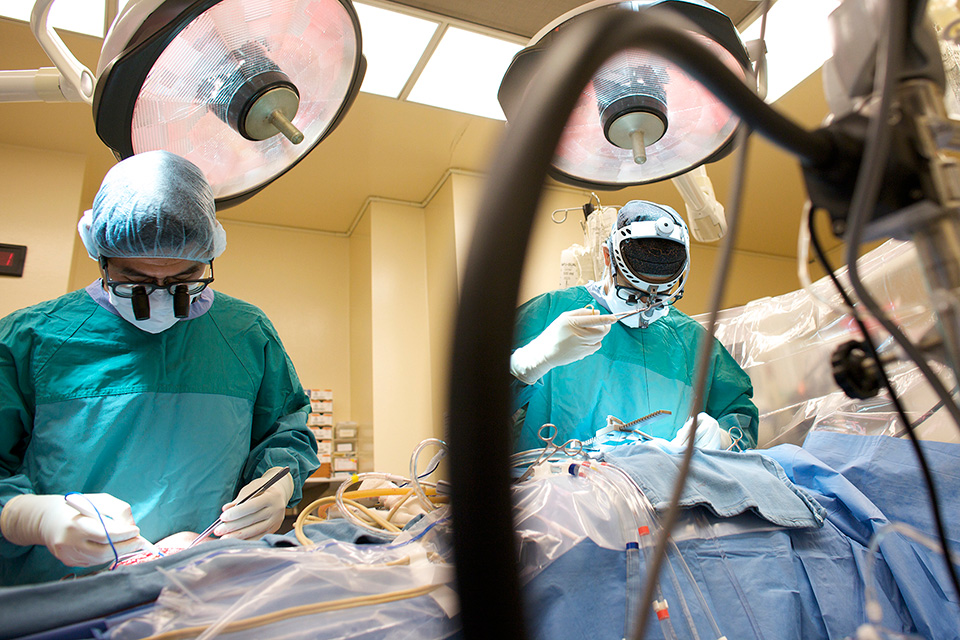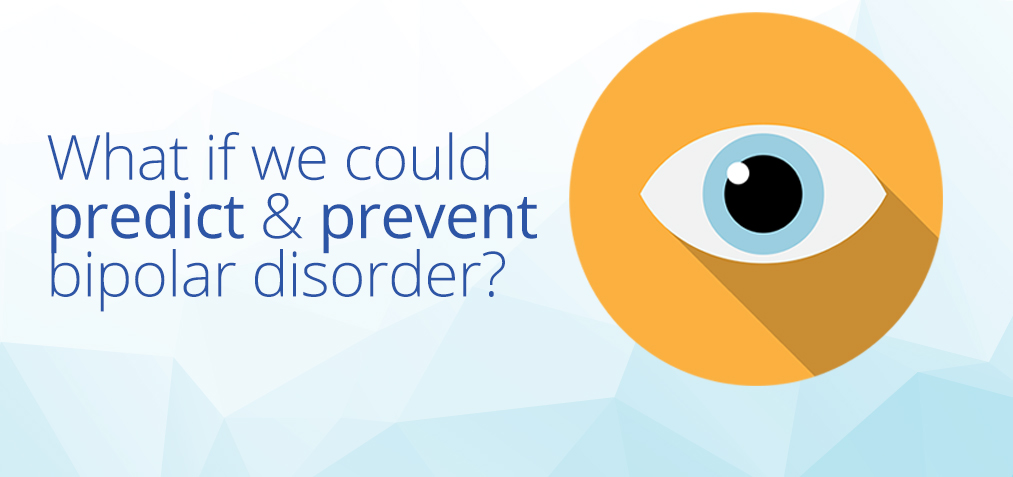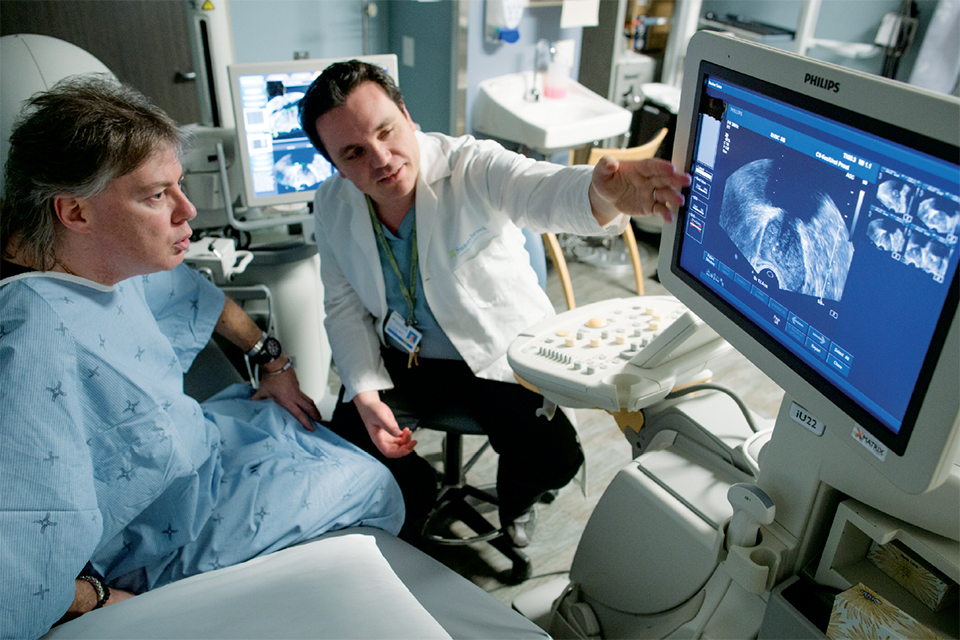Parking at Sunnybrook

But we want you to know...

Discounted rates are available
We offer discounted parking rates for frequent visitors & patients.
Passes can be purchased at the Parking and Transportation Services Office in CG01.

Where does parking money go? »
Every dollar you spend on parking normally funds life-changing and life-saving research and patient care at Sunnybrook.
In 2020/2021, due to the COVID-19 pandemic and restrictions placed on visitors at Sunnybrook, we lost revenues associated with patient and visitor parking. As a result, we were unable to allocate parking funds to support research and direct patient care during that time.
Since then, COVID-19 restrictions have eased and we have seen an increase in volumes that takes us to the same levels we were experiencing prior to the COVID-19 pandemic.
As a result for 2023/2024, patient and visitor parking generated $6.2 million in net revenue. Of these revenues, $2.3 million was used to support research, and $3.9 million was used to support direct patient care.
Do you travel by transit?
Avoid parking fees by taking the bus.
There are Toronto Transit Commission (TTC) bus stops on our Bayview Campus. Learn more »
St. John's Rehab patient? Take TTC bus #42.






